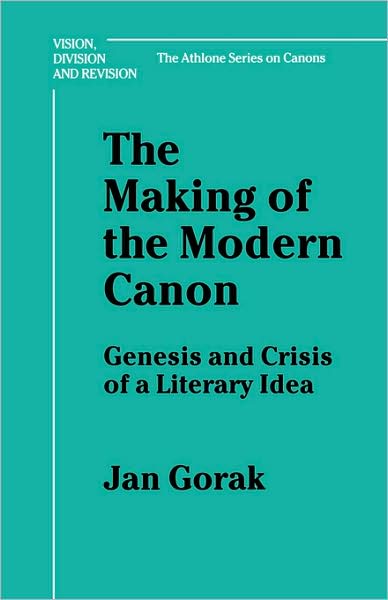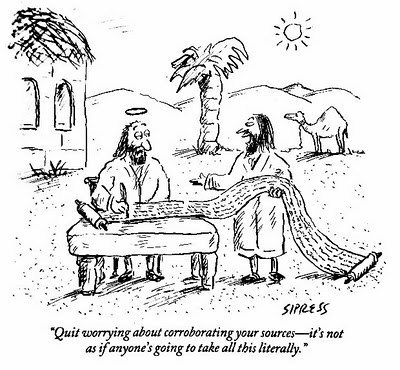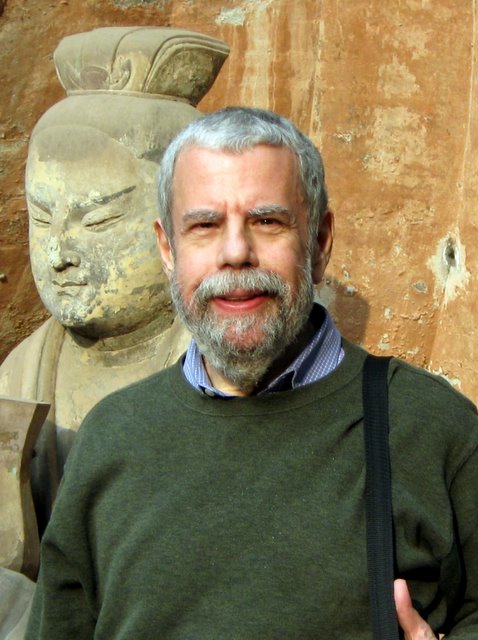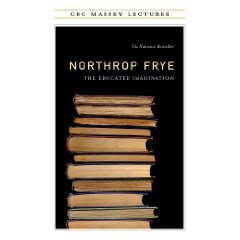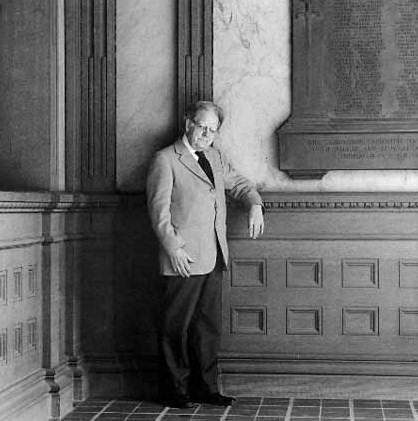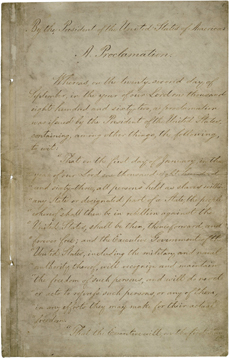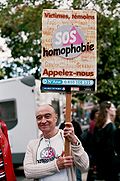
In light of our ongoing interest in Frye and education, Mervyn Nicholson offers this review of Northrop Frye’s Writings on Education, originally published in Historical Studies in Education 2002.
Jean O’Grady and Goldwin French, eds. Northrop Frye’s Writings on Education. Toronto: University of Toronto Presss, 2000. pp. lii, 684.
“The aim of education” is “to make people maladjusted.” It is “to destroy their notions that what society” does makes “sense, and that they ha[ve] only to conform to it to make sense of their own lives.” For Northrop Frye, conformity and adjustment are to education what disease is to health. Frye has been subject to more caricature, misrepresentation, and belittlement than any intellectual of his size, but he was a great radical thinker, as well as a great teacher, and his thought is overdue for revaluation. The present volume is a step in this revaluation, like the rest of the Collected Edition of the Works of Northrop Frye (of which this is volume 7). It supersedes an earlier collection of Frye’s essays, entitled On Education (1988), which was sanctioned by Frye himself and which was more compact and focused than this massive volume. For unexplained reasons, the editors deleted some essays from the earlier collection in assembling this extremely varied new collection, which includes everything from notes about administrators and the history of Victoria College, to letters to the editor, to convocation addresses, to profound reflections that must be read and re-read to be appreciated fully. Frye is a large and complex thinker, and this is a large and complicated collection, hence only some of the key themes can be touched on in a brief review.
Frye was a great teacher, and this alone would make him of interest to anybody concerned with teaching. His popularity was legend. His famous graduate course, “Principles of Literary Symbolism,” was regularly held in a lecture theatre because of its huge enrollment, and his undergraduate classes were packed. He was one of those teachers who have a life-changing impact on students. In fact, Frye was consciously concerned with techniques of teaching and with education generally—unlike other major literary theorists, or academics as a group, for that matter. He abjured the notion that teaching is secondary to scholarship: he regarded his books as “teaching books,” not as specialized scholarly studies. He explicitly preferred undergraduate teaching; he never cultivated a coterie of disciples. He had a passion for communicating; his writing is clear, straightforward, jargon-free, as well as witty, humorous, scathing, and fully of aphoristic, quotable lines. He was interested in children’s literature—a subject regarded with contempt by those who dominate English studies. He insisted that elementary school and secondary school teaching was the same sort of thing that professors at university were doing, and searched for ways to bring teachers at all levels together. He was a founding member of the curriculum studies group that the Ontario Institute for Studies in Education later swallowed up. Can one imagine Derrida or the stars of the New Historicism showing such interest or such commitment? Frye was unique in his interest in and commitment to education in the broadest sense of the word, and that is what this collection of essays is about.
